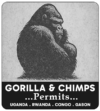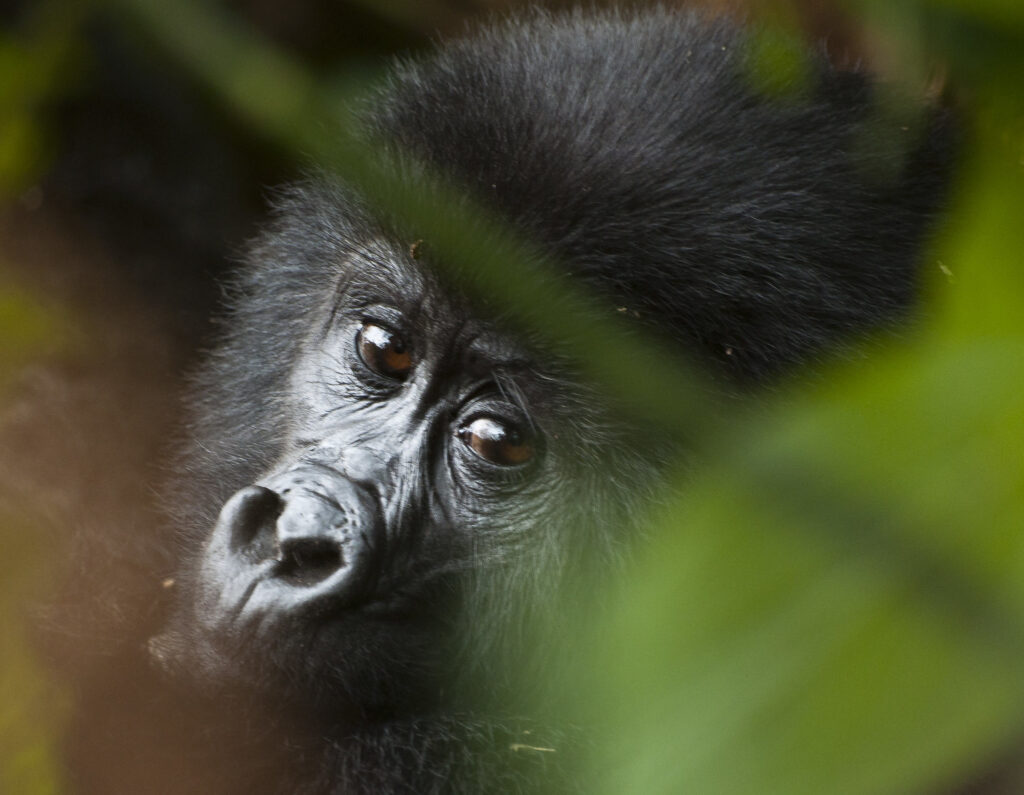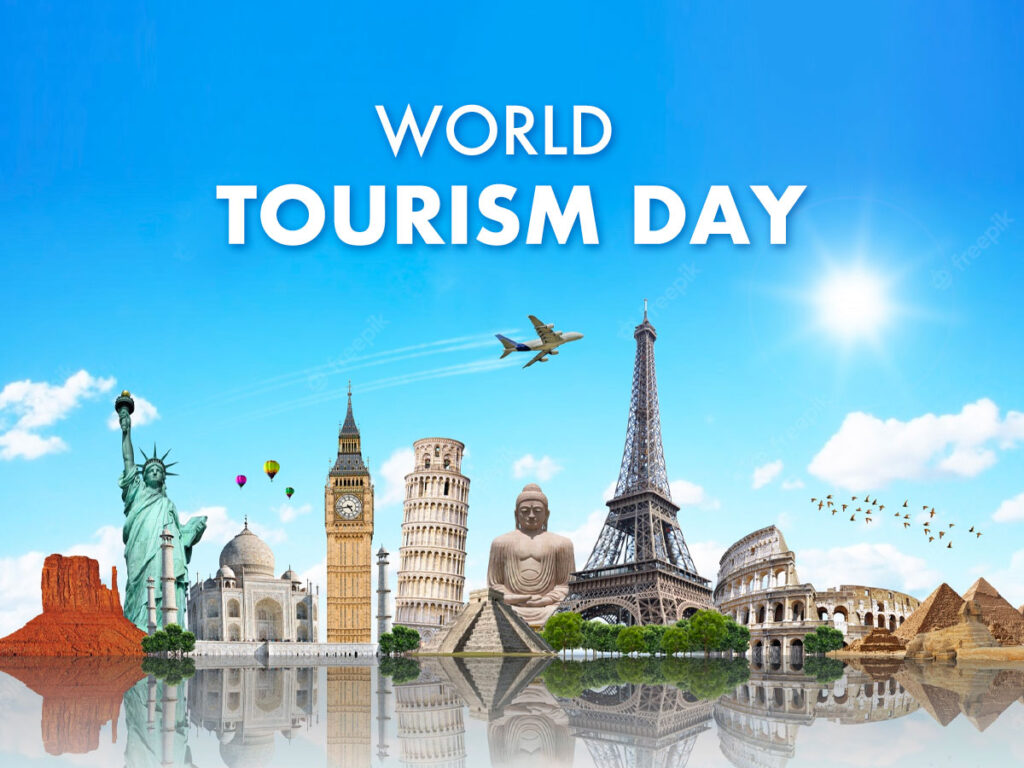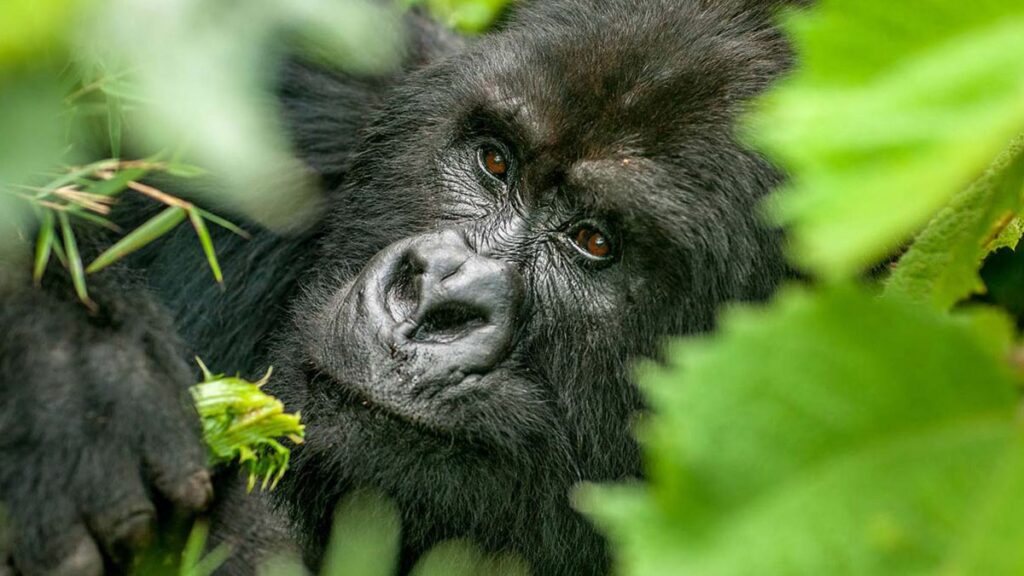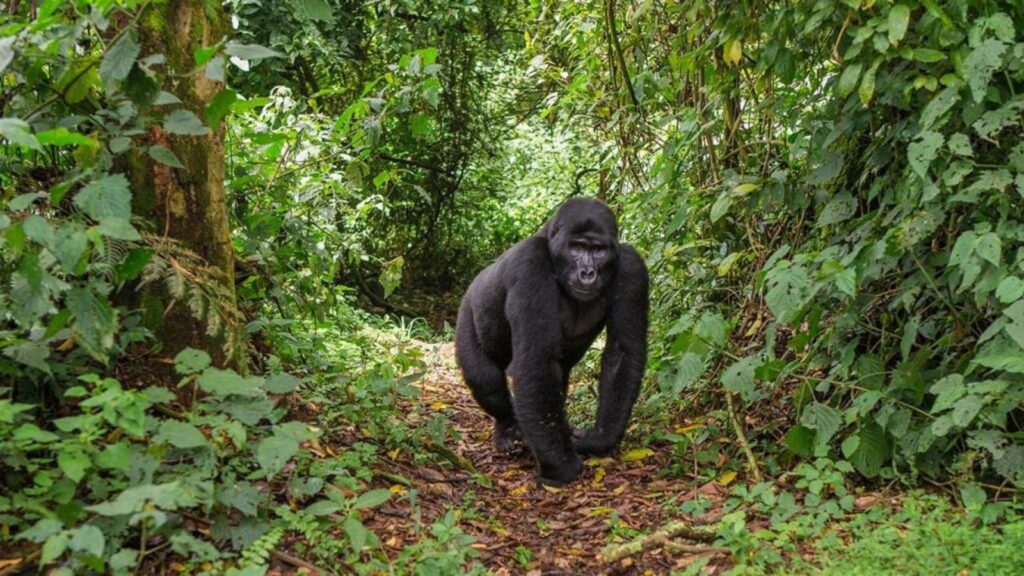Gorilla Trekking Safety Protocols During COVID-19 – Staying Safe in Bwindi & Volcanoes
Gorilla trekking remains a safe and unforgettable experience with proper precautions. COVID-19 protocols protect both visitors and mountain gorillas. Following guidelines ensures responsible tourism and reduces disease transmission. Certified guides enforce these measures during all treks.
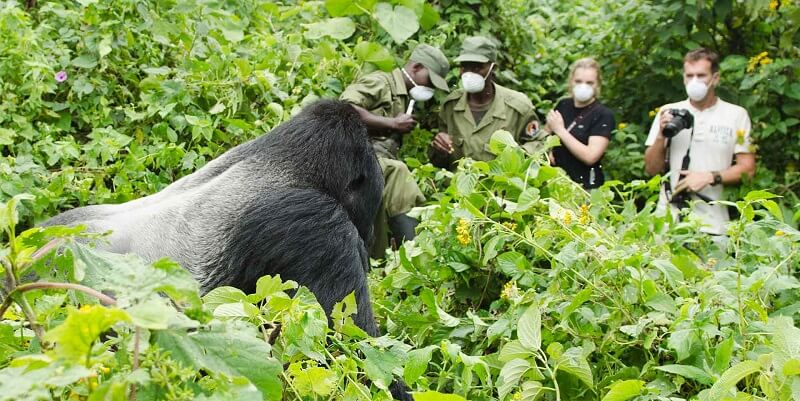
Health and Safety Measures
- Mandatory Face Masks
All trekkers must wear masks during the trek. Masks reduce the risk of transmitting respiratory diseases to gorillas. - Temperature Screening
Entry points require temperature checks. Anyone showing symptoms may be asked to postpone their trek. - Social Distancing
Maintain a minimum distance of 7 meters from gorillas and 1–2 meters from other trekkers. - Hand Hygiene
Wash hands frequently and carry hand sanitizer. Avoid touching your face and keep hands away from gorillas. - Limited Group Sizes
Parks restrict the number of trekkers per group to minimize contact and maintain safety.
Guidelines for Responsible Trekking
- Follow all instructions from guides and park rangers.
- Avoid direct contact or feeding gorillas.
- Use quiet voices and avoid sudden movements to reduce stress on wildlife.
- Stay home if you feel unwell; postponing your trek protects both wildlife and fellow trekkers.
Best Practices for Travelers
- Carry extra masks and hand sanitizer.
- Pack waterproof gear and trekking essentials to minimize shared equipment.
- Respect cultural norms when visiting nearby communities, including Batwa villages.
Plan Your COVID-Safe Trek
Book lodges, permits, and certified guides well in advance. Follow all COVID-19 safety protocols, practice hygiene, and respect park and community rules. A responsible approach ensures a safe, ethical, and memorable gorilla trekking experience in Bwindi and Volcanoes.
